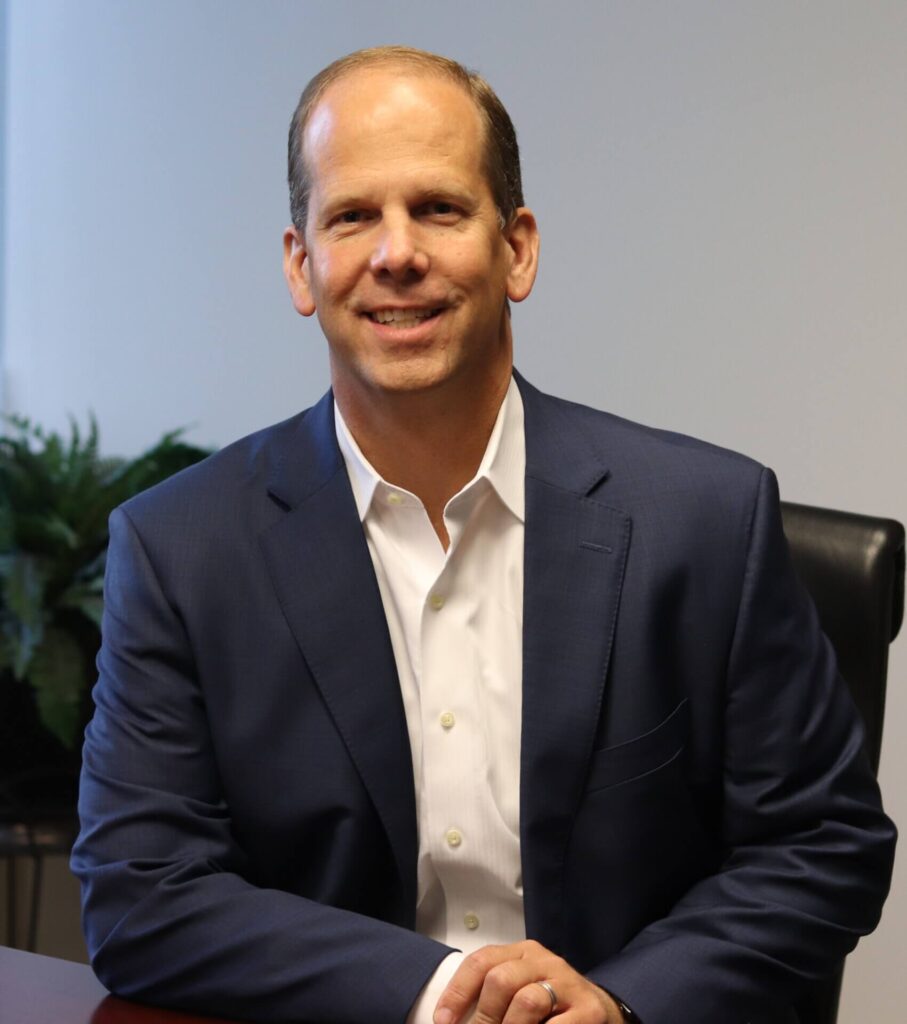In Era 3, Scaling Is Easy. Solving the Right Problem Is Harder.
Lately, I’ve been revisiting some of the most basic fundamentals of professional services. Not because they’re broken, but because Era 3 is changing how fast firms can scale, and what gets exposed along the way. AI has made it possible to grow a firm faster than most founders ever imagined. Work that took weeks now takes days. Teams can do more with fewer people. Margins can expand quickly. On the surface, it feels like a new playbook.










